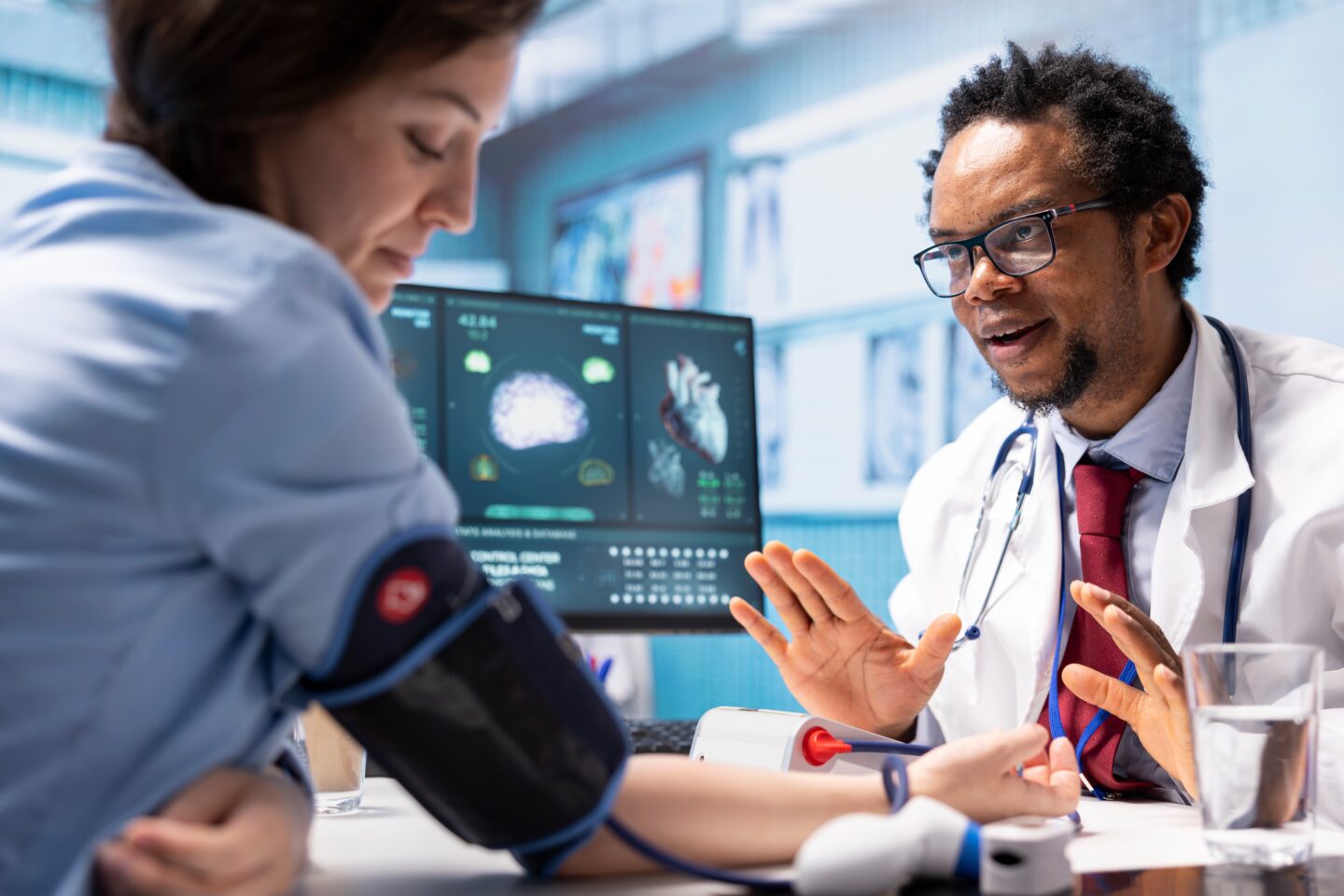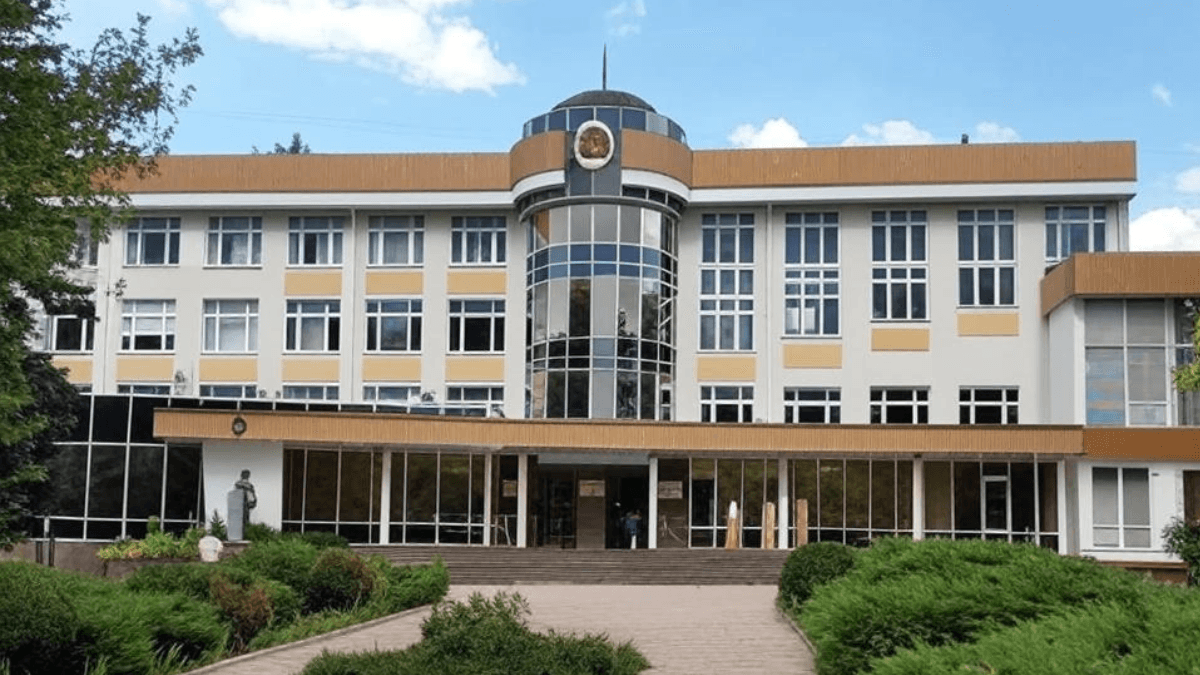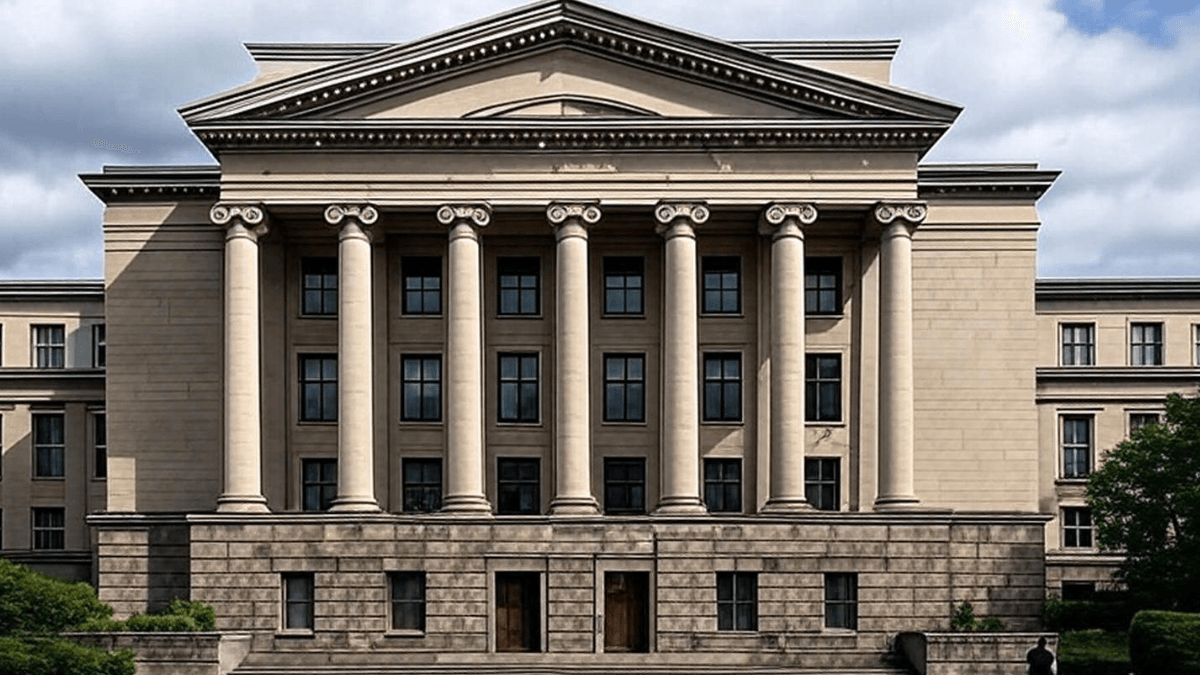
☝️ At a glance
- Educational qualification: Complete an MBBS or equivalent degree from a recognized medical school, followed by a compulsory internship.
- Medical license: Obtain a valid license from the respective state medical council.
- RMP registration process: Submit educational certificates, internship proof, medical license, ID proof, and registration fees to the state medical council.
- Career opportunities: RMP doctors can work as general practitioners, emergency care providers, medical researchers, or in alternative medicine.
- Legal compliance: Practicing medicine without RMP certification is strictly prohibited and can lead to severe legal consequences.
Becoming a Registered Medical Practitioner (RMP) in India requires a strong foundation in medical knowledge, proper training, and certification. This guide will provide a detailed roadmap to help you understand the eligibility, requirements, and steps involved in becoming an RMP doctor.

Become a global doctor with MBBS abroad!
Studying abroad can be affordable and stress-free with futureMBBS:
- World-recognized universities with English-taught programs
- On-site support in partner university cities
- Guaranteed placements & internships for hands-on experience
From selecting universities and supporting you with the application process to orientation and finding accommodation – we are at your side.
What is an RMP doctor?
An RMP (Registered Medical Practitioner) is a healthcare professional authorized by the medical council to practice medicine. RMP doctors play a vital role in diagnosing, treating, and managing patients' health in various healthcare facilities.
Eligibility and requirements for RMP registration
To become an RMP doctor, candidates must fulfill the following criteria:
Requirement | Details |
|---|---|
Educational Qualification | Bachelor's degree in medicine from a recognized medical school |
Internship | Completion of a compulsory internship program |
Medical License | Valid license issued by the state medical council |
Experience | Practical experience in medicine as per council guidelines |
Steps to become a registered medical practitioner
Step 1: Earn a Bachelor's degree in medicine
Enroll in a recognized medical school and complete your MBBS or equivalent degree.
Step 2: Complete an internship program
Internship provides practical exposure and hands-on experience with patients.
Step 3: Obtain a medical license
Apply for a medical license with your state medical council.
Step 4: Gain work experience
Work under experienced medical practitioners to develop expertise in diagnosis, treatment, and medical ethics.
Step 5: Apply for RMP registration
Submit an application to the state medical council along with:
Educational certificates
Internship completion proof
Medical license
Identity proof (photocopy)
NEET requirement to pursue MBBS in India
To pursue an MBBS degree in India, qualifying for the NEET (National Eligibility cum Entrance Test) is mandatory. NEET is a national-level entrance exam conducted by the National Testing Agency (NTA) for admission to MBBS, BDS, and other medical courses in India.
Key NEET requirements:
Eligibility: Candidates must have completed Class 12 with Physics, Chemistry, Biology/Biotechnology, and English as core subjects.
Minimum marks: General category candidates must score at least 50%, while SC/ST/OBC candidates require 40%.
Age limit: The minimum age to appear for NEET is 17 years.
How NEETsheet can help you succeed
NEETSheet is an invaluable resource for NEET aspirants, providing:
Comprehensive study materials: Covers all subjects with easy-to-understand explanations.
Practice tests & mock exams: Realistic practice papers to enhance exam readiness.
Expert tips & strategies: Proven techniques to improve speed, accuracy, and score.
With NEETsheet, you can confidently prepare for NEET and take a crucial step toward achieving your dream of becoming a doctor with India’s best EdTech teachers.

Study medicine abroad with 100% support!
futureMBBS offers full support to make your dream of studying medicine abroad a reality.
- Hassle-free admission guidance
- Fast-tracked visa processing
- Post-arrival support, including accommodation assistance
Job role and responsibilities of an RMP doctor
RMP doctors are responsible for:
Diagnosing medical conditions
Prescribing medications and treatments
Performing minor surgeries and first aid
Providing preventive healthcare advice
Managing patient records and ensuring follow-up care
Skills and qualities required for a successful career
Skill/Quality | Importance |
Strong communication skills | To effectively consult with patients |
Analytical skills | For accurate diagnosis and treatment |
Compassion and empathy | To build trust and improve patient care |
Time management | To handle multiple patients efficiently |
Commitment to learning | Staying updated with medical advancements |
Types of medical practices for RMP doctors
Practice Type | Description |
General Medicine | Primary healthcare services for all ages |
Alternative Medicine | Herbal and traditional treatments |
Radiation Therapy | Treatment using radiation for cancer care |
Surgical Assistance | Assisting senior surgeons in medical procedures |
Benefits of a career as a registered medical practitioner
Benefit | Details |
Job Stability | High demand for healthcare professionals |
Financial Rewards | Competitive salaries with growth potential |
Contribution to Society | Opportunity to improve community well-being |
Diverse Work Environments | Clinics, hospitals, research centers, etc. |
Common challenges faced by RMP doctors
Challenge | Description |
Long Working Hours | Managing multiple patients daily |
Emotional Strain | Dealing with critically ill or dying patients |
Legal Responsibilities | Ensuring compliance with medical laws |
Continuous Learning | Keeping up with new medical treatments |
RMP certification and registration process
To legally practice as an RMP doctor in India, follow these steps:
Submit required documents: Provide your educational certificates, photo ID, and proof of medical experience.
Pay registration fees: Fees vary by state medical council regulations.
Attend verification process: A medical board may conduct an interview or review session.
Receive RMP registration certificate: Upon approval, you'll receive your official certification to practice.
Continuing education and skill development
To stay updated with medical advancements, RMP doctors are encouraged to:
Attend medical conferences
Enroll in specialized training programs
Complete certification courses in new treatment methods
Serious consequences of unregistered practice
Practicing medicine without RMP certification is strongly prohibited and can lead to severe penalties:
Legal action
Suspension from medical practice
Financial penalties
Key organizations for RMP registration in India
Organization | Role |
Medical Council of India (MCI) | Governing body for medical education and registration |
State medical councils | Regional bodies managing state-wise RMP registration |
Final checklist for RMP registration
Before submitting your application for RMP registration, ensure you have the following documents and steps completed:
Requirement | Details |
|---|---|
Bachelor’s Degree in Medicine | MBBS or equivalent degree from a recognized medical school |
Internship Completion Certificate | Proof of practical training from an accredited healthcare facility |
Medical License | Valid license from the respective state medical council |
Work Experience Proof | Certification of work experience under registered medical practitioners |
Photocopy of Identity Proof | Government-issued ID for identification verification |
Registration Fees Payment | Varies according to the respective state medical council |
Verification Process | Attend an interview or medical board review session if required |
Career opportunities for RMP doctors
Once you obtain your RMP certification, you can explore various career paths in healthcare:
Career path | Description |
|---|---|
General Practitioner (GP) | Provide primary healthcare, diagnose common ailments, and refer patients to specialists when required. |
Emergency Care Provider | Offer urgent medical care in emergency rooms, trauma centers, or ambulances. |
Healthcare Facility Consultant | Guide healthcare institutions in improving their services and implementing best practices. |
Medical Researcher | Conduct research to develop new treatments, drugs, and diagnostic methods. |
Public Health Specialist | Focus on improving healthcare policies and promoting wellness programs in communities. |
Alternative medicine and RMP certification

Many healthcare professionals also explore alternative medicine as an additional specialization. Fields like Ayurveda, Homeopathy, and Unani medicine often require separate certifications. However, RMP doctors practicing alternative medicines must ensure they comply with state medical council guidelines to avoid serious consequences.
Alternative medicine type | Focus area |
|---|---|
Ayurveda | Herbal treatments, yoga, and meditation-based healing |
Homeopathy | Natural remedies and holistic patient care |
Unani medicine | Herbal drugs and traditional treatment methods |
Naturopathy | Focuses on diet, exercise, and non-invasive treatments |
Legal guidelines and compliance
Practicing medicine without a valid RMP certificate is strongly prohibited and carries severe penalties under Indian medical law. Unregistered medical practice may result in:
Legal prosecution
Heavy financial penalties
Permanent disqualification from the medical profession
To safeguard your career and reputation, always adhere to the established medical council regulations.
Importance of continuing medical education (CME) for RMP doctors
To maintain your RMP certification and stay updated with evolving medical practices, consider the following:
Enroll in certified medical training programs
Attend healthcare seminars and workshops
Pursue specialization in emerging medical fields like radiation therapy, robotic surgery, or telemedicine
Continuing medical education enhances your skills, expands career opportunities, and ensures you provide the highest quality of care to your patients.
Conclusion
Becoming an RMP doctor is a rewarding career choice that offers financial stability, respect, and the opportunity to positively impact society. By following the outlined steps, fulfilling eligibility requirements, and obtaining your RMP registration certificate, you can build a successful medical career while ensuring your practice complies with legal standards.
If you are planning to pursue medicine abroad or need guidance on securing your RMP certification, futureMBBS is here to help you every step of the way. Contact us for free expert advice and tailored solutions for your medical career journey.
Your medical career abroad starts here!
Thinking of pursuing MBBS abroad? Don’t just dream it, do it!
Start your MBBS journey!Read more similar articles:
FREQUENTLY ASKED QUESTIONS
FAQs about “how to become a registered medical practitioner"
What are the qualifications for RMP?
To become an RMP, candidates must have a bachelor's degree in medicine (such as MBBS), complete a compulsory internship, obtain a valid medical license from the state medical council, and meet any required work experience criteria.
Can an RMP be called a doctor?
Yes, an RMP can use the title 'Doctor' if they are registered with the medical council and practicing within their certified area of expertise.
How long is the RMP doctor course?
The process typically takes 5-6 years, including an MBBS degree (5.5 years with internship) and the RMP registration process, which may take an additional 2-3 months.
Is RMP equal to MBBS?
No, RMP is not equivalent to MBBS. MBBS is a full-fledged medical degree, while RMP is a certification that allows qualified medical graduates to practice legally.




